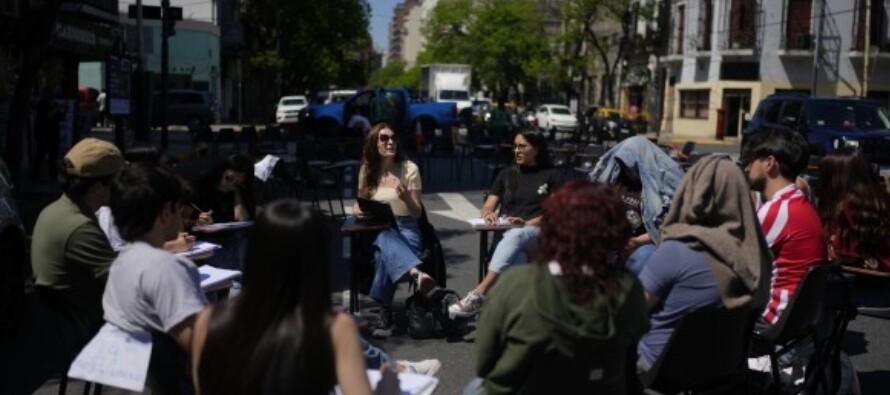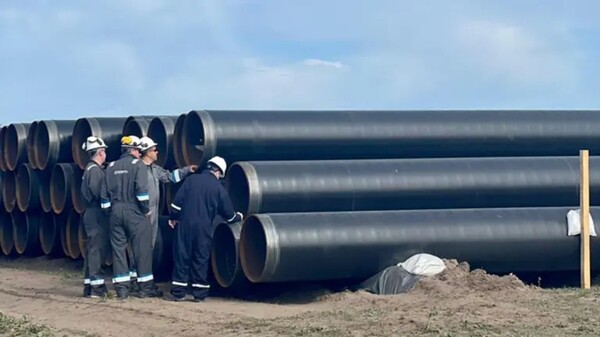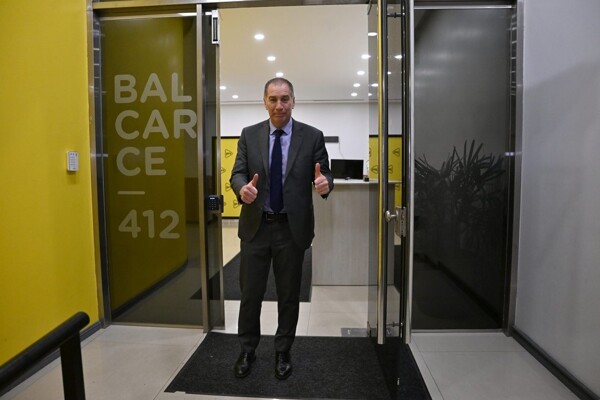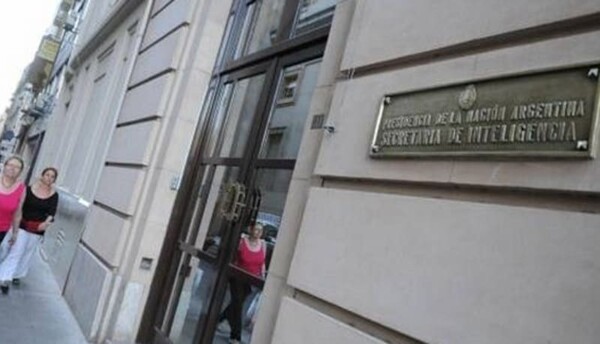
Dozens of young people are staying overnight at the facilities of a faculty as part of protests led by students and faculty from more than 20 state universities in Argentina. They are demanding salary increases for teaching and non-teaching staff, as well as an increase in the budget for educational institutions, in a series of mobilizations that are the longest since the rise to power of the ultra-liberal president Javier Milei in December.
The protesters argue that they are defending one of the few systems still respected by broad sectors of Argentine society, which, due to its excellence and free access, facilitates social progress. They aim to become the spearhead of a movement that can unite discontented sectors against the cuts implemented by the president.
One of the main demands is the updating of university budget allocations from the current budget, which dates back to 2023 and has been extended by the government, demanding adjustments according to inflation. According to a report by the Civil Association for Equality and Justice, annual investment per university student in Argentina has fallen significantly, reaching about $1,900, a 30.09% decrease from 2023.
Regarding the development of the protests, a massive march took place in April in various cities against the cuts and for the defense of public universities. The mobilizations intensified after Milei vetoed a salary improvement law for teachers and university budget, culminating in an occupation of the Plaza de Mayo and open classes.
Milei's government seems unwilling to yield to the protesters' demands, focusing its attention on fiscal responsibility and the goal of zero deficit. Despite strikes and the occupation of public spaces by teachers and students, the president has shown no signs of changing his position.
The protests, primarily led by students and faculty from the University of Buenos Aires (UBA), seek to preserve a unique educational system that has been a driver of social mobility in Argentina's history, providing access to higher education for the working class. The demands include salary increases that compensate for inflation and improvements in the working conditions of university staff.
The mobilizations have received support from various sectors, including doctors, artists, and scientists. Despite the government's attempts to control the situation, student protests continue to rise, marking a challenge for Milei ahead of the 2025 legislative elections.














